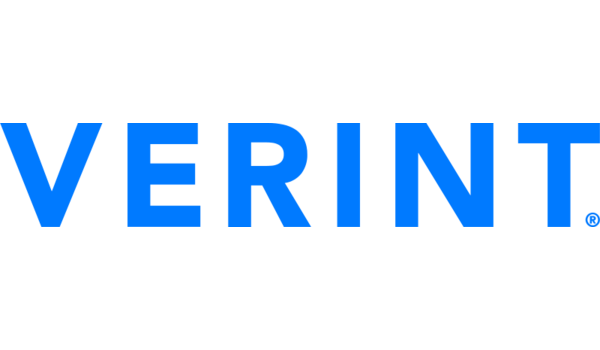Audio / Video Redaction Workflows for Relativity Server & RelativityOne
Verint Communications Analytics supports Data Subject Access Requests under GDPR, FOIA, etc. as well as redacted productions and disclosures for civil litigation and regulatory requests for both Relativity Server and RelativityOne.Potentially sensitive audio / video is easily reviewed, thanks to a zoomable waveform for longer recordings, the ability to navigate directly to a sub-second elapsed time in the recording, and the 0.1 times real-time playback rate increments in the
Intelligent Audio / Video Player in Relativity.
Intelligent Audio / Video Validation flags up any corrupt or encrypted media at Search Set or Workspace level, for which redactions will by definition not be needed.
For playable media, redactions can be created either by click & drag across the zoomable waveform, or by direct timestamp entry. The redacted audio track is replaced with the selected preference of either silence, a continuous beep, or white noise, with a Relativity instance setting providing an initial default.
For video the visual element can be optionally blacked out alongside the audio redaction.
If
Verint Communications Analytics Indexing & Analytics has been run, then transcribed text overlapping the audio redactions can be replaced with '[REDACTED]'.
Multiple, differently redacted versions of the same audio or video file can be created, held in Relativity, and produced.
Redacted objects integrate with Relativity’s own native production processes for both single file downloads and bulk production sets.
Both redacted and unredacted objects can be combined into a single Relativity production set, with the same production processes followed whether files within the production set have been redacted or not.
Any and all redacted versions of an audio / video file can also be downloaded directly from within the Intelligent Audio / Video Player in Relativity.
Supported Audio / Video Redaction Scenarios
Verint Communications Analytics in Relativity supports the following redaction scenarios:- Teams with different expertise - e.g.: one team focuses on profanity or irrelevance, whilst another team focuses on assessments of privilege.
- Hierarchies within a team - e.g.: where paralegals apply draft redactions for approval, and reviewers confirm and approve.
- Different requesting parties - e.g.: multiple parties on the same call recording, with the attorneys for different parties requesting different redactions to the same recording.
- Sequential or overlapping requests regarding the same party - e.g.: where a case custodian submits a DSAR mandating a response ahead of the case disclosure schedule, and with separate redactions required.
- Separate regimes & redaction rules within a given jurisdiction - e.g.:
- Disciplinary
- Regulatory
- Litigation
- Criminal Justice
- Variations in privacy requirements across different jurisdictions - e.g.:
- New York versus Frankfurt
- California versus Texas
Any and all combination of these six scenarios are concurrently supported - for free - within both RelativityOne and Relativity Server.
